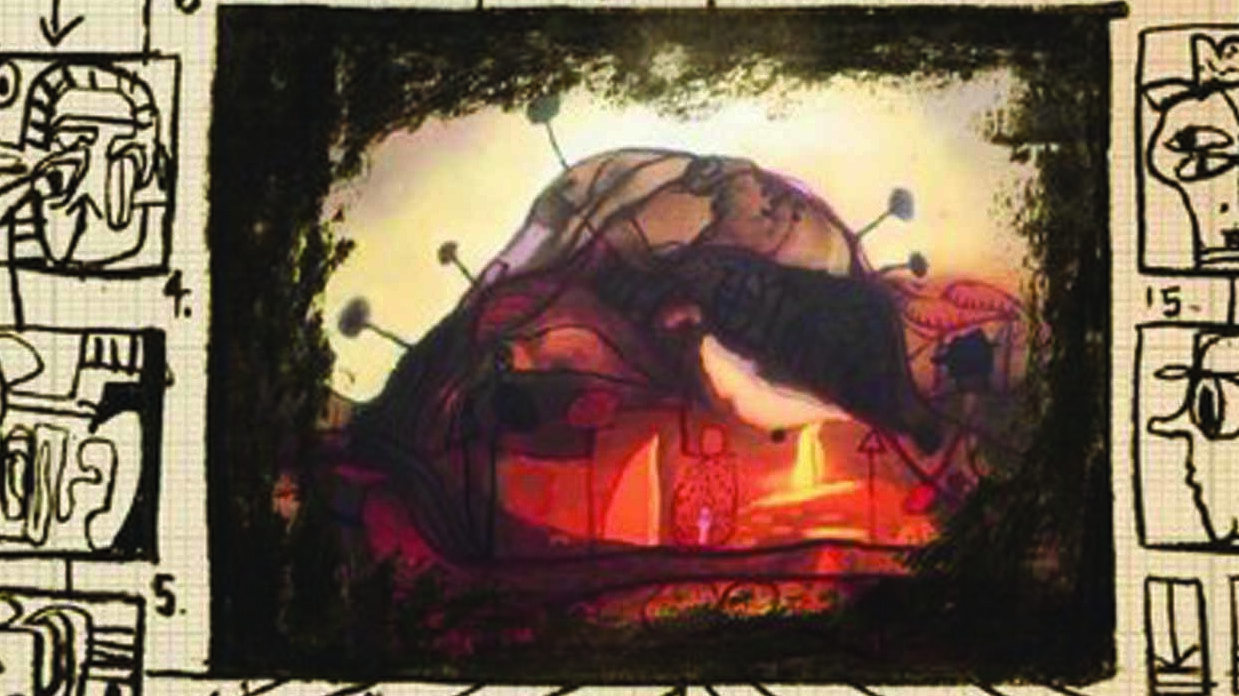You can trust Louder
Martin White has long made a living shaping the overblown visions of other musicians as an orchestral arranger for hire. But it’s no small undertaking to compose and present your own “orchestral novelty prog” vision, as White calls it – particularly if you want to play live with a 24-piece band, as MFMO occasionally do. On this follow-up to 2012’s debut album Master Flea, they’re on irrepressible form – from time to time you might find it so shamelessly over-theatrical that you’ll find yourself yearning for some undemanding guitar pop. Lyrically, it’s all based on the late US writer Anthony Campbell’s theory of the monomyth – the heroic story template that he claimed underpins all great adventures. But that still gives licence for surreal, freewheeling soundbites such as ‘I lost my feet in a poker game… my teeth are in the pawn shop,’ either side of mad monologues about drowning cats and ‘a bobbing box of tea’. But you’ll remain intrigued thanks to an eclectic shower of warped show tunes and Bonzo Dog-ish pastiches performed with the skill and arrangement elan of classically trained aesthetes. Heroic? Arguably. Brave? Invariably. Original? Unquestionably.
Sign up below to get the latest from Prog, plus exclusive special offers, direct to your inbox!
Johnny is a regular contributor to Prog and Classic Rock magazines, both online and in print. Johnny is a highly experienced and versatile music writer whose tastes range from prog and hard rock to R’n’B, funk, folk and blues. He has written about music professionally for 30 years, surviving the Britpop wars at the NME in the 90s (under the hard-to-shake teenage nickname Johnny Cigarettes) before branching out to newspapers such as The Guardian and The Independent and magazines such as Uncut, Record Collector and, of course, Prog and Classic Rock.


